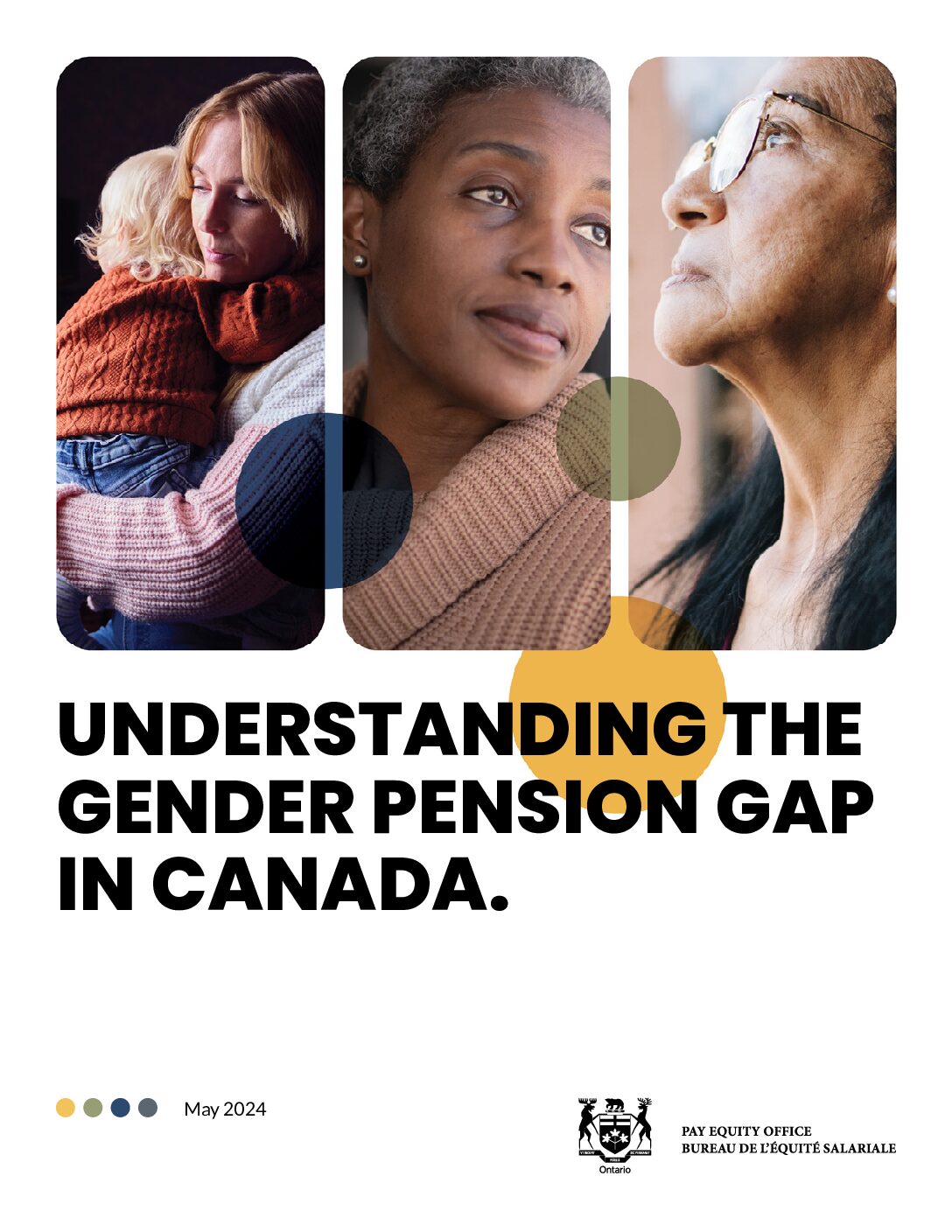Pakistan at Seventy: A Handbook on Developments in Economics, Politics and Society
por Shahid Javed Burki, Iftekhar Ahmed Chowdhury, Asad Ejaz Butt
This handbook examines Pakistan’s 70-year history from a number of different perspectives. When Pakistan was born, it did not have a capital, a functioning government or a central bank. The country lacked a skilled workforce. While the state was in the process of being established, eight million Muslim refugees arrived from India, who had to be absorbed into a population of 24 million people. However, within 15 years, Pakistan was the fastest growing and transforming economy in the developing world, although the political evolution of the country during this period was not equally successful. Pakistan has vast agricultural and human resources, and its location promises trade, investment and other opportunities. Chapters in the volume, written by experts in the field, examine government and politics, economics, foreign policy and environmental issues, as well as social aspects of Pakistan’s development, including the media, technology, gender and education.
Read the complete book here!










